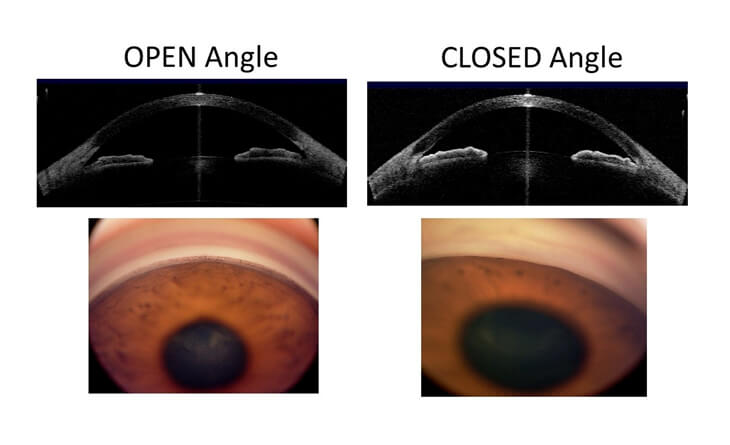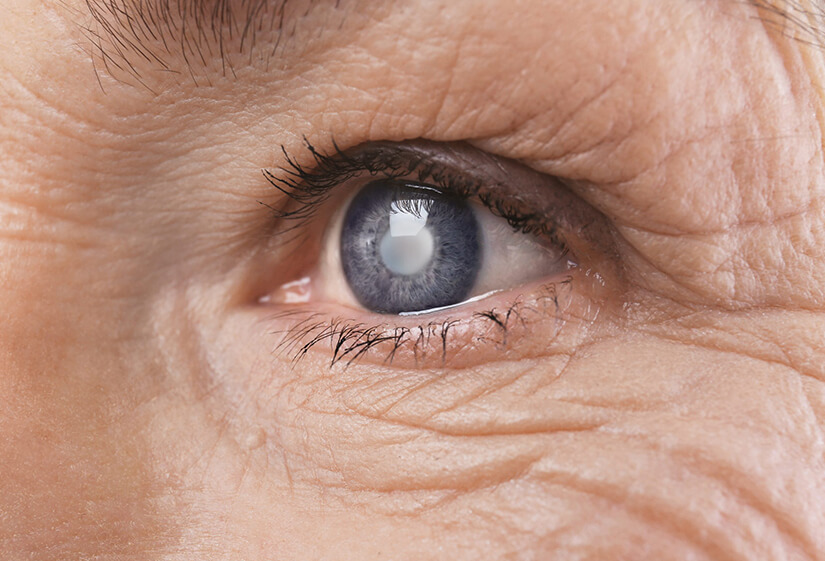Is Glaucoma Disease Infected Lifelong?
People dealing with glaucoma are worried about whether it is a lifelong disease. Unfortunately, the answer is yes.
Glaucoma is a group of eye conditions that affect the optic nerve, which transmits visual information from the eye to the brain. Our eyes require a precise balance of fluid pressure to operate correctly. Glaucoma occurs when the intraocular pressure (IOP) increases excessively, damaging the optic nerve. But here is the good news: Most glaucoma patients can maintain good eyesight with a timely diagnosis and appropriate glaucoma treatment.
Types of Glaucoma
Understanding the types of glaucoma can help you find treatment options. There are two types of glaucoma:
Open-Angle Glaucoma: This is the most prevalent type of glaucoma, which occurs when the eye’s drainage channels get clogged, although they seem open and normal. Over time, fluid in the eye does not drain correctly, causing a buildup that pressures the optic nerve. This condition is challenging because it frequently goes undiscovered for years since there are no obvious symptoms.
Closed-Angle Glaucoma: Angle-closure glaucoma is a less common type of glaucoma that may be chronic or may develop suddenly. It occurs when the distance between your iris and cornea is too small. As a result, there is crowding in the eye, causing slowing in the outflow of fluid from the eye, leading to build up of fluid behind the iris and leading to sudden rise in the pressure inside your eye. When this occurs, you may have intense eye discomfort and headaches that require immediate medical attention. In that case, you must visit an eye hospital in Delhi immediately.

Treatment Approach for Glaucoma
Glaucoma treatment aims to reduce eye pressure and prevent additional damage to the optic nerve. This can frequently be achieved using a combination of approaches:
Medication: Glaucoma is most commonly treated with eye drops. These drops increase fluid outflow from the eye or lower fluid production within the eye. Depending on the severity of your condition, you may have to apply these drops more than once a day.
Laser Therapy: In some cases of angle-closure glaucoma, laser surgery can be used to open the drainage channels and prevent future pressure spikes. Your eye doctor will use a special type of strong light, called a laser, to create an alternative opening for the fluid and help the fluid in your eye drain better. Sometimes, your doctor might suggest using this laser treatment as the first step, even before trying eye drops, or they might recommend it along with using eye drops. It’s important to know that even after laser treatment, you might still need eye drops.
Surgery: In severe cases of glaucoma, surgery may be required to create a new drainage path for fluid to exit the eye. Glaucoma surgery is a more invasive treatment than laser therapy, but it may be more effective in lowering eye pressure. There are different types of surgeries available. Your doctor will decide which surgery is appropriate for you.
Conclusion!
Glaucoma is a lifelong ailment that requires continual treatment and care. Whether medications, laser treatments, or surgery, the aim of each glaucoma treatment is the same: to control eye pressure and avoid future optic nerve damage. Early identification and persistent treatment are critical in the fight against this silent thief of sight.


